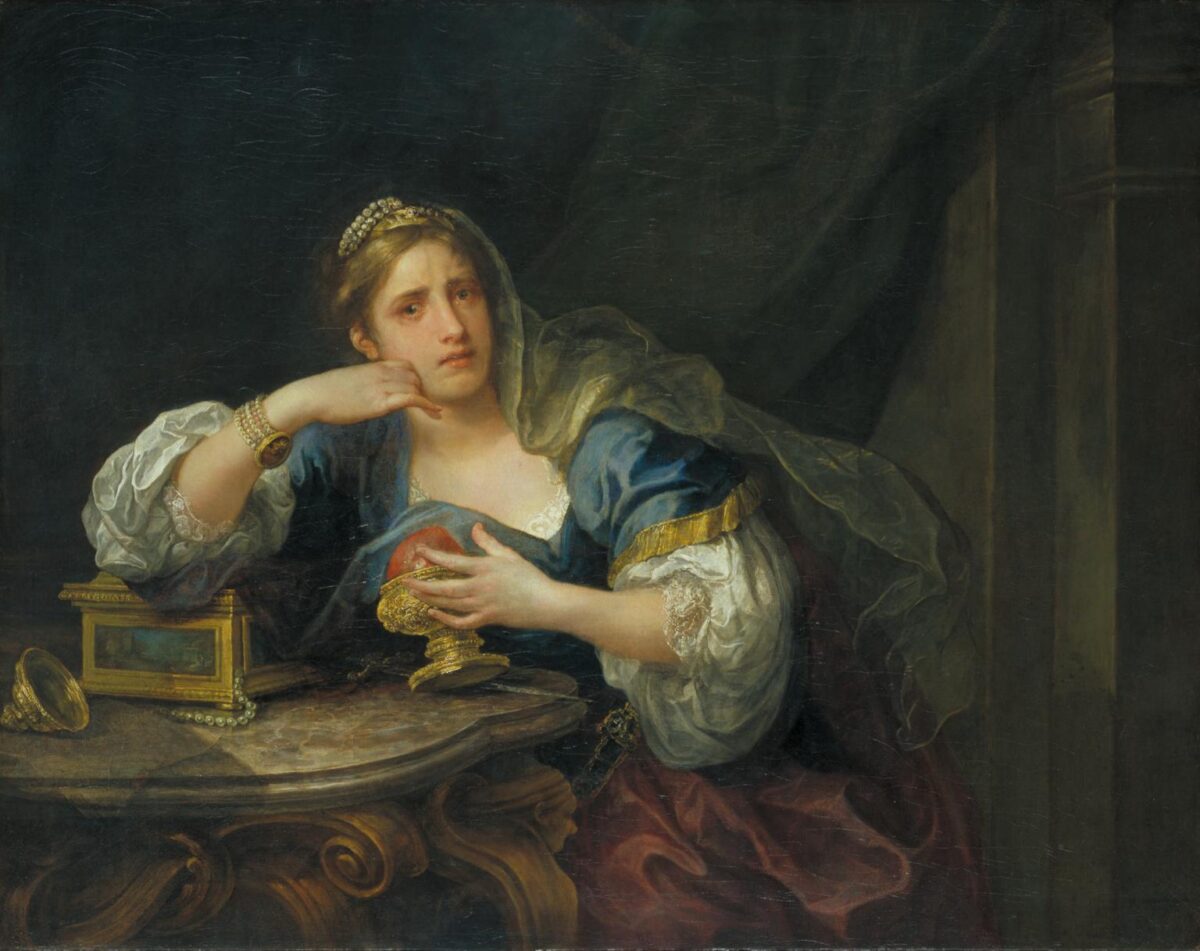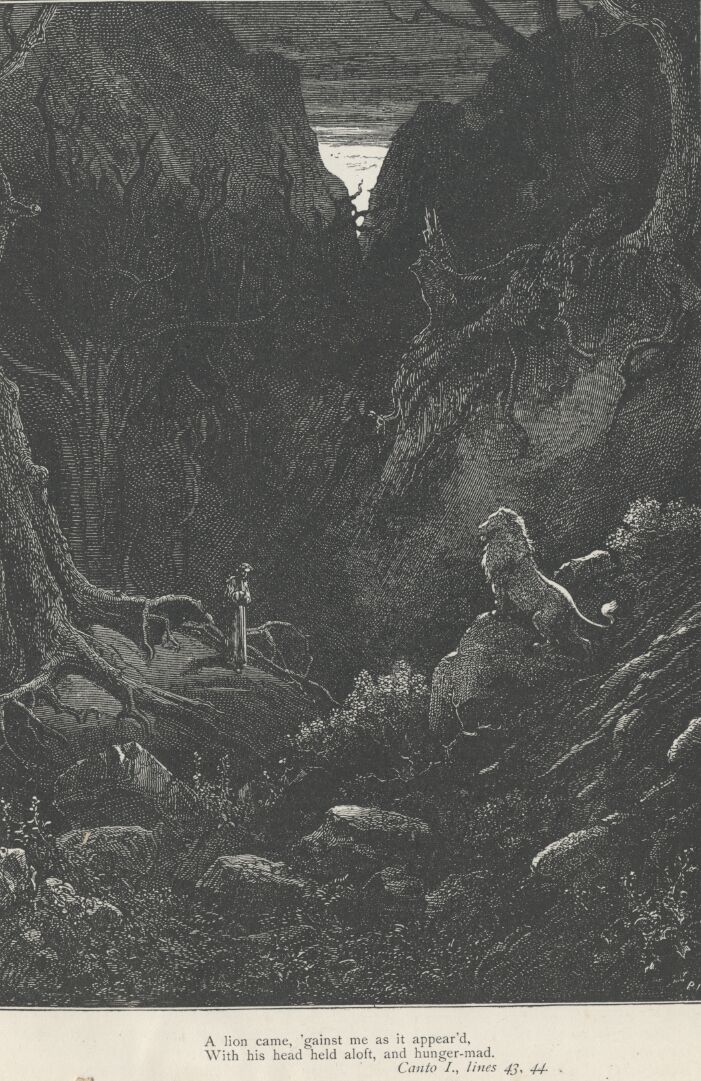This semester, we read the works of several Italian literary figures. Two figures that really stood out to me were Machiavelli and Boccaccio. It was very interesting reading “The Prince” and “The Decameron”. Reading the Prince, I found myself being shocked at how Machiavelli thought a ruler should rule. It was way different than what a ruler looks like in my mind. It felt like he had a very cynical view of people. With Boccaccio, he provided a very human point of view in the Decameron, writing all these interesting stories, each presenting a theme that shows some insight into human behavior. Reading both pieces of work, some passages felt very similar to one another.
The way that they feel similar to one another to me would be how they present morality. For Machiavelli, it seems that morality is not something that should be prioritized. In the eyes of Machiavelli, he feels that the prince should rule based on the circumstances, and not what may be considered good. “Hence it is necessary for a prince wishing to hold his own to know how to do wrong, and to make use of it or not according to necessity.” (Chapter 15). Throughout the chapters, he suggests more immoral ways of ruling. A prince should know when to lie, not keep promises, when to be cruel, etc. With these lessons, Machiavelli ultimately decides that morality is out of the question; that the prince should act on the desire to keep his power, no matter what. Power is the priority, not your morals. This in a way is similar to what Boccaccio writes about in his stories, where desire overcomes morality.
Before talking about desire, what are the morals being presented in the Decameron? According to Robert Hastings in “Nature and Reason in the Decameron”, he states “Arguably, the moral base of the Decameron is Nature.”. In the Decameron, it seems that our desires and morals are intertwined; as nature can be seen as our natural desires. A big example of a natural desire is love. In day four of the Decameron, a common theme among the stories is love ending unhappily. “Those who oppose themselves to the law of Nature are bound to failure and also perhaps to causing great harm.” (Hastings). In the fourth day, there are characters that oppose the love between two people, and end up causing “great harm”; causing the love to end, as the theme suggests, unhappily.
Desire can be seen as a strong force that drives the characters’ actions in each story. This desire is what causes the characters to abandon their morals and oppose nature. “Determined to quench the heat of her love by wreaking his vengeance on her lover, and bade the two men that had charge of Guiscardo to strangle him noiselessly that same night…” (Decameron, fourth day, first story). In this instance, the one wreaking vengeance is Tancredi, a prince. Tancredi has a daughter who is dear to him, and does not want her to marry. With this desire to keep his daughter close to him, he opposes his daughter’s love and kills her lover. Unfortunately, this causes the daughter to kill herself, showing the “great harm” that is caused by Tancredi’s opposition to nature. With this, we can see a similarity between the Prince and the Decameron.
Both works present a different moral system, but both present desire as a way to overcome those morals. One’s desire is strong enough to ignore these morals, and can cause them to carry out actions, good or bad, to pursue that desire. It was really interesting to read these two pieces of literature and see this. Each work provided a compelling insight into morals, and how we as people act with these morals, or how it affects us.
Sources:
Boccaccio, Giovanni. G. H. McWilliam, trans. The Decameron. London: Penguin Books, 197
Hastings, R. Nature and Reason in the Decameron. Manchester: Manchester University Press, 1975.
Marriott, W. K. “15.” The Prince, Project Gutenberg, 2017.







